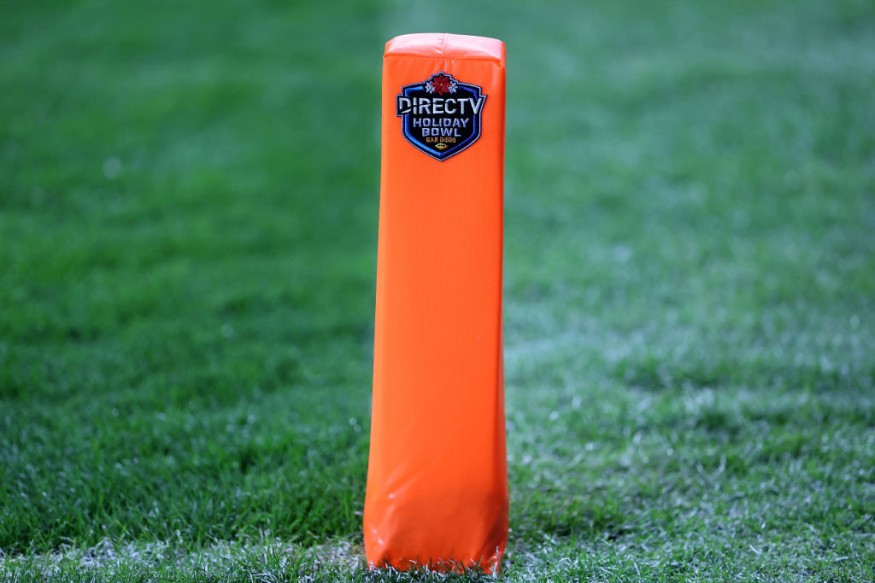
Tensions between DirecTV and Disney have reached a boiling point as the dispute over a new distribution agreement enters its second week.
Since September 1, millions of DirecTV subscribers have been unable to watch popular Disney-owned channels, including ESPN and ABC.
DirecTV vs. Disney
The blackout, previously reported by Franchise Herald, has left viewers missing major sporting events like the US Open tennis tournament and college football games, causing frustration among sports fans.
DirecTV, the third-largest pay-TV provider in the US, filed a complaint with the Federal Communications Commission (FCC), accusing Disney of engaging in bad faith negotiations.
The satellite TV company, which serves about 11.3 million customers, claims Disney is violating the FCC's good faith rules by pushing for unfair demands in their contract talks.
DirecTV says Disney is insisting on terms that would make TV bundles more expensive for consumers by forcing them to buy large packages that include channels they may not want, according to AP News.
As the blackout continues, upcoming broadcasts are at risk, including the NFL "Monday Night Football" opener between the New York Jets and San Francisco 49ers, set to air on ABC and ESPN.
Additionally, a presidential debate between Kamala Harris and Donald Trump is scheduled on ABC in Philadelphia, which could further frustrate viewers who rely on DirecTV.
ABC-owned stations are unavailable to DirecTV customers in markets like San Francisco, Raleigh, Chicago, Philadelphia, Houston, Los Angeles, and New York. Channels like Freeform, FX, and National Geographic are also part of the blackout.
However, Disney maintains that mutual release of claims is standard after negotiations, and it has followed this process during previous renewals with DirecTV.
DirecTV Pushes for Customer-Friendly Options
DirecTV CEO Ray Carpenter has clarified that the company will not agree to Disney's current terms without changes. In a call with media analysts, Carpenter stressed that DirecTV is looking for a long-term solution that benefits its customers and allows them more flexibility in choosing channels.
DirecTV argues that Disney's demands include asking for legal waivers on antitrust claims and bundling requirements that force the company to offer large, expensive packages.
DirecTV claims the move is designed to limit customer choice, making it harder for them to access smaller, more affordable bundles. According to the complaint, Disney even required DirecTV to sign a "clean slate" provision, preventing any future legal action, which DirecTV calls a violation of good faith.
Disney, however, insists that it is negotiating fairly and wants to restore access to its channels as soon as possible.
A Disney spokesperson responded by urging DirecTV to "put their consumers first" and reach an agreement that allows viewers to enjoy Disney's upcoming programming, including Monday Night Football and other major sports and entertainment events.















